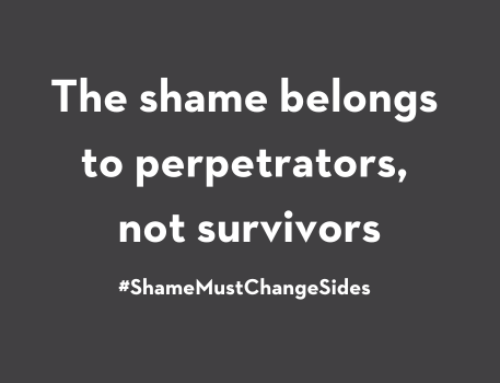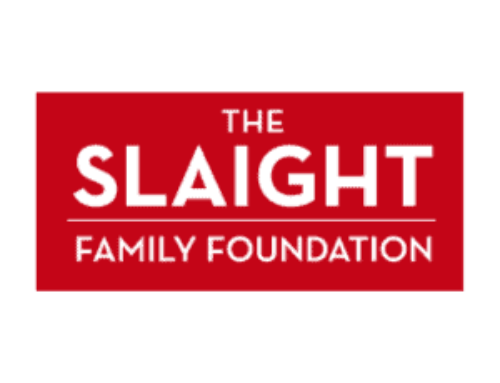This March, federal court justice Robin Camp resigned after a 15-month inquiry. His conduct during the questioning of a 19-year-old woman during a rape trial included wildly inappropriate comments like “sex and pain sometimes go together.” During the inquiry, the woman said the experience left her with suicidal thoughts.
That same month, a Nova Scotia judge acquitted a taxi driver who was charged with sexual assault on the basis that his passenger, although heavily intoxicated, was capable of consent. Police had found the man with his pants unbuttoned and holding the woman’s urine-soaked underwear, while she lay unconscious and half-naked in the back of his cab.
Both cases caused many Canadians to question how our judicial system treats sexual assault, and how that treatment impacts survivors’ ability to recover. Cases like these might have also influenced the results of the Canadian Women’s Foundation’s recent survey, which reveals that 4 in 5 Canadians believe the next generation of women is just as likely or more likely to experience sexual assault. This belief may reflect dishearteningly low conviction rates for sexual assault and a lack of specialized training for judges and lawyers.
But the mishandling of sexual assault cases may start long before they get to the courtroom. Robyn Doolittle’s ground-breaking “Unfounded” series for the Globe and Mail found that Canadian police dismiss over 5,000 sexual assault cases every year. These findings are disturbing, especially since less than 10 per cent of sexual assaults are reported to police in the first place.
“Reporting [to police] and the legal route are difficult in terms of outcomes and it’s also very retraumatizing. There’s a definite need for alternatives,” Keetha Mercer, Manager of Violence Prevention Programs at the Canadian Women’s Foundation, told The Globe and Mail in a recent article about sexual assault. “People don’t disclose very often. If they’re disclosing, it’s important and they trust you. Supporting them, finding whatever resources they want to take back power and control in their life is important.”
The Globe’s article describes several options, including the ones outlined below, that might help survivors find their own path to justice and healing.
Free legal advice
Women who are young, single, uneducated, or unemployed face the highest rates of sexual assault. These women are also those least likely to be able to afford legal advice. A pilot program in Toronto, Ottawa, and Thunder Bay offers up to four hours of free legal advice to help survivors understand their options and prepare for the emotional impact of a trial.
Criminal injuries compensation boards
Survivors can apply to these provincially funded boards for financial compensation. Compensable costs vary by province, but most include lost wages, legal services, and even child support for children born as a result of sexual assault. The boards don’t offer a quick fix – the application process involves a lot of paperwork and approval can take up to five years.
However, the process can play an important role in recovery, as it allows the survivor to share her story with a panel and provides validation that what happened was wrong. It can also ease financial burdens associated with further steps in the recovery process, like counselling, protective services, and relocation expenses. Compensation programs vary by province, and some only offer emergency funding. Find details and contact information for the compensation programs in your province or territory.
Restorative justice
Restorative justice aims for understanding and accountability rather than compensation or punishment. The method originated in Indigenous communities, where it includes input from Elders and aims to reduce risk of further crimes within the community. The process involves both the survivor and the perpetrator voluntarily meeting face-to-face, often with a facilitator, to discuss the impact of the assault.
This is a deeply personal process, but it allows the survivor to share her story in the hope that the perpetrator will internalize the pain he has caused and take responsibility for his actions. This experience can be cathartic for a survivor and allow her to confront the perpetrator about his motives. For some survivors, this process can lead to closure or even forgiveness. Learn more about restorative justice organizations in Canada.
Learn more
- How to Support Survivors of Sexual Violence
- Free Advice Helps Survivors of Domestic Violence Face Legal Labyrinth
- How to End Violence Against Women? One Step is Teen Healthy Relationships Programs
Take action
- Spread the word about the Campaign to End Violence
- Sign up for our e-newsletter to have our latest stories and resources sent to your inbox
- Read the results from our April 2017 omnibus poll of Canadians








